While growing up in Barrington, Rhode Island, Pete DiGiovanni cultivated a love for nature and gardening after forming a bond with his neighbor who maintained a large garden just over the fence. Captivated and intrigued by the colorful array of flourishing plants and vegetables, Pete regularly went over to observe and learn from his neighbor. On these garden visits, Pete’s neighbor revealed the intricacies of caring for the plants from the time they were seeded to the time they were harvested. One spring during his seasonal seed order from an online catalog, the neighbor also let Pete pick some seeds for himself. From there on, he was hooked. In 2013, Pete and his family left Barrington, Rhode Island and moved to Milton, Massachusetts, but Pete carried his passion for gardening along with him. He continued to grow peas, tomatoes, carrots, leafy greens, beets, and many other fruit and vegetable varieties every summer.
Fast forward to today, Pete is a Senior at Georgetown University, majoring in Italian while on the pre-med track. At Georgetown, Pete rows Division I for the Men’s Lightweight Rowing Team, serves as President of the Italian Club, and carries out research at Massachusetts General Hospital, Georgetown’s Scientific Research Journal, and Italian Research Institute. In the early months of COVID, Pete joined The Farmlink Project after speaking with his close friend Cooper Adams, also a senior at Georgetown University who now leads the Farms Team. As former roommates, they are thrilled to have their teams working together every day! Pete was most enthusiastic about getting involved with The Farmlink Project because he loved not just the community but also the fact that hard work could directly benefit people around the nation. Pete had been searching for ways to offer assistance to communities struggling during COVID, including translating medical documents, and this opportunity aligned with his motives.
Pete first started on several teams, working with Farms, Transport, and Deals at once before finding his long-term role as Deals Team Lead at the end of summer. His day-to-day remains very busy, as he must stay in constant communication with those working both internally and externally with The Farmlink Project. Despite the sometimes chaotic and stressful nature of the environment, it’s one that he thrives in. The Deals Team is fully liable for every deal that takes place. For instance, Deals Team members plan and input produce pick-up times, order numbers, truck information (including temperature and refrigeration details), and much more to ensure successful donation of food from farm to food bank. One small error can cause a whole truckload (ie. 40,000 pounds of produce) to fail. This would equate to an astonishing 30,000 people not receiving produce, which is all the more reason the work is so gratifying when it is successful. As such, the team maintains a lot of responsibility, remaining responsive and accountable 24/7 for the deals taking place. Every deal is carried out meticulously, with strict attention to detail in order to avoid any mistakes. Pete tells me that he is “grateful to have and trust his really strong, supportive team to make everything easier.”
Looking ahead, Pete plans to attend medical school and relates how his work at The Farmlink Project translates to medicine. “In both environments you are a part of a team, where you must trust your teammates to remain accountable, while also meeting the same standard yourself. A surgeon cannot operate without the crew ensuring sterilization, the anesthesiologist monitoring the patient, and the fellow nurses / residents providing the appropriate medical tools. Focus, accuracy, and double-checking are also crucial.”
Reflecting on his experiences thus far, Pete describes how inspired he is by the people within the The Farmlink Project. The fact that almost 30 million pounds of produce have been connected to communities in need, all due to the energy, dedication, and scrappiness of college-students is remarkable. “It’s very healing to be able to use the blessings and privilege that we have in order to help others.” There is still much more work to be done, but for now Pete and the rest of the team here at The Farmlink Project will continue to do their part in mending our country’s food system.
< Back
While growing up in Barrington, Rhode Island, Pete DiGiovanni cultivated a love for nature and gardening after forming a bond with his neighbor who maintained a large garden just over the fence. Captivated and intrigued by the colorful array of flourishing plants and vegetables, Pete regularly went over to observe and learn from his neighbor. On these garden visits, Pete’s neighbor revealed the intricacies of caring for the plants from the time they were seeded to the time they were harvested. One spring during his seasonal seed order from an online catalog, the neighbor also let Pete pick some seeds for himself. From there on, he was hooked. In 2013, Pete and his family left Barrington, Rhode Island and moved to Milton, Massachusetts, but Pete carried his passion for gardening along with him. He continued to grow peas, tomatoes, carrots, leafy greens, beets, and many other fruit and vegetable varieties every summer.
Fast forward to today, Pete is a Senior at Georgetown University, majoring in Italian while on the pre-med track. At Georgetown, Pete rows Division I for the Men’s Lightweight Rowing Team, serves as President of the Italian Club, and carries out research at Massachusetts General Hospital, Georgetown’s Scientific Research Journal, and Italian Research Institute. In the early months of COVID, Pete joined The Farmlink Project after speaking with his close friend Cooper Adams, also a senior at Georgetown University who now leads the Farms Team. As former roommates, they are thrilled to have their teams working together every day! Pete was most enthusiastic about getting involved with The Farmlink Project because he loved not just the community but also the fact that hard work could directly benefit people around the nation. Pete had been searching for ways to offer assistance to communities struggling during COVID, including translating medical documents, and this opportunity aligned with his motives.
Pete first started on several teams, working with Farms, Transport, and Deals at once before finding his long-term role as Deals Team Lead at the end of summer. His day-to-day remains very busy, as he must stay in constant communication with those working both internally and externally with The Farmlink Project. Despite the sometimes chaotic and stressful nature of the environment, it’s one that he thrives in. The Deals Team is fully liable for every deal that takes place. For instance, Deals Team members plan and input produce pick-up times, order numbers, truck information (including temperature and refrigeration details), and much more to ensure successful donation of food from farm to food bank. One small error can cause a whole truckload (ie. 40,000 pounds of produce) to fail. This would equate to an astonishing 30,000 people not receiving produce, which is all the more reason the work is so gratifying when it is successful. As such, the team maintains a lot of responsibility, remaining responsive and accountable 24/7 for the deals taking place. Every deal is carried out meticulously, with strict attention to detail in order to avoid any mistakes. Pete tells me that he is “grateful to have and trust his really strong, supportive team to make everything easier.”
Looking ahead, Pete plans to attend medical school and relates how his work at The Farmlink Project translates to medicine. “In both environments you are a part of a team, where you must trust your teammates to remain accountable, while also meeting the same standard yourself. A surgeon cannot operate without the crew ensuring sterilization, the anesthesiologist monitoring the patient, and the fellow nurses / residents providing the appropriate medical tools. Focus, accuracy, and double-checking are also crucial.”
Reflecting on his experiences thus far, Pete describes how inspired he is by the people within the The Farmlink Project. The fact that almost 30 million pounds of produce have been connected to communities in need, all due to the energy, dedication, and scrappiness of college-students is remarkable. “It’s very healing to be able to use the blessings and privilege that we have in order to help others.” There is still much more work to be done, but for now Pete and the rest of the team here at The Farmlink Project will continue to do their part in mending our country’s food system.
Pete DiGiovanni
Deals Team Lead at The Farmlink Project
While growing up in Barrington, Rhode Island, Pete DiGiovanni cultivated a love for nature and gardening after forming a bond with his neighbor who maintained a large garden just over the fence. Captivated and intrigued by the colorful array of flourishing plants and vegetables, Pete regularly went over to observe and learn from his neighbor. On these garden visits, Pete’s neighbor revealed the intricacies of caring for the plants from the time they were seeded to the time they were harvested. One spring during his seasonal seed order from an online catalog, the neighbor also let Pete pick some seeds for himself. From there on, he was hooked. In 2013, Pete and his family left Barrington, Rhode Island and moved to Milton, Massachusetts, but Pete carried his passion for gardening along with him. He continued to grow peas, tomatoes, carrots, leafy greens, beets, and many other fruit and vegetable varieties every summer.
Fast forward to today, Pete is a Senior at Georgetown University, majoring in Italian while on the pre-med track. At Georgetown, Pete rows Division I for the Men’s Lightweight Rowing Team, serves as President of the Italian Club, and carries out research at Massachusetts General Hospital, Georgetown’s Scientific Research Journal, and Italian Research Institute. In the early months of COVID, Pete joined The Farmlink Project after speaking with his close friend Cooper Adams, also a senior at Georgetown University who now leads the Farms Team. As former roommates, they are thrilled to have their teams working together every day! Pete was most enthusiastic about getting involved with The Farmlink Project because he loved not just the community but also the fact that hard work could directly benefit people around the nation. Pete had been searching for ways to offer assistance to communities struggling during COVID, including translating medical documents, and this opportunity aligned with his motives.
Pete first started on several teams, working with Farms, Transport, and Deals at once before finding his long-term role as Deals Team Lead at the end of summer. His day-to-day remains very busy, as he must stay in constant communication with those working both internally and externally with The Farmlink Project. Despite the sometimes chaotic and stressful nature of the environment, it’s one that he thrives in. The Deals Team is fully liable for every deal that takes place. For instance, Deals Team members plan and input produce pick-up times, order numbers, truck information (including temperature and refrigeration details), and much more to ensure successful donation of food from farm to food bank. One small error can cause a whole truckload (ie. 40,000 pounds of produce) to fail. This would equate to an astonishing 30,000 people not receiving produce, which is all the more reason the work is so gratifying when it is successful. As such, the team maintains a lot of responsibility, remaining responsive and accountable 24/7 for the deals taking place. Every deal is carried out meticulously, with strict attention to detail in order to avoid any mistakes. Pete tells me that he is “grateful to have and trust his really strong, supportive team to make everything easier.”
Looking ahead, Pete plans to attend medical school and relates how his work at The Farmlink Project translates to medicine. “In both environments you are a part of a team, where you must trust your teammates to remain accountable, while also meeting the same standard yourself. A surgeon cannot operate without the crew ensuring sterilization, the anesthesiologist monitoring the patient, and the fellow nurses / residents providing the appropriate medical tools. Focus, accuracy, and double-checking are also crucial.”
Reflecting on his experiences thus far, Pete describes how inspired he is by the people within the The Farmlink Project. The fact that almost 30 million pounds of produce have been connected to communities in need, all due to the energy, dedication, and scrappiness of college-students is remarkable. “It’s very healing to be able to use the blessings and privilege that we have in order to help others.” There is still much more work to be done, but for now Pete and the rest of the team here at The Farmlink Project will continue to do their part in mending our country’s food system.
.png)


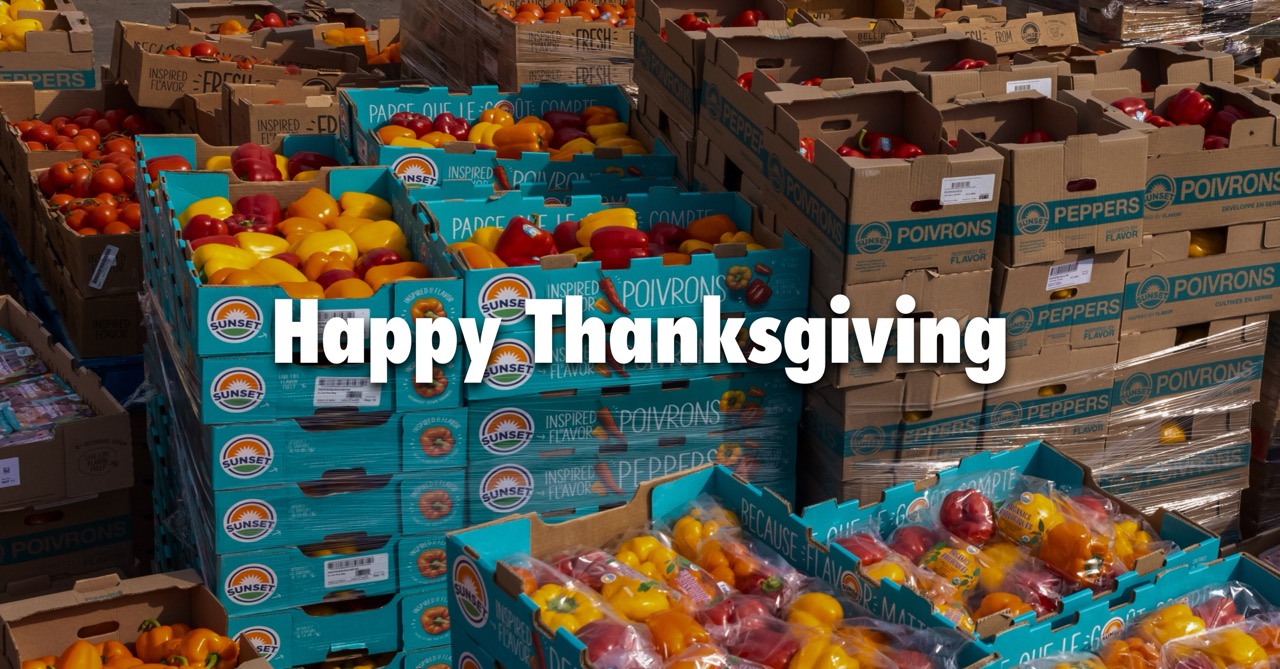
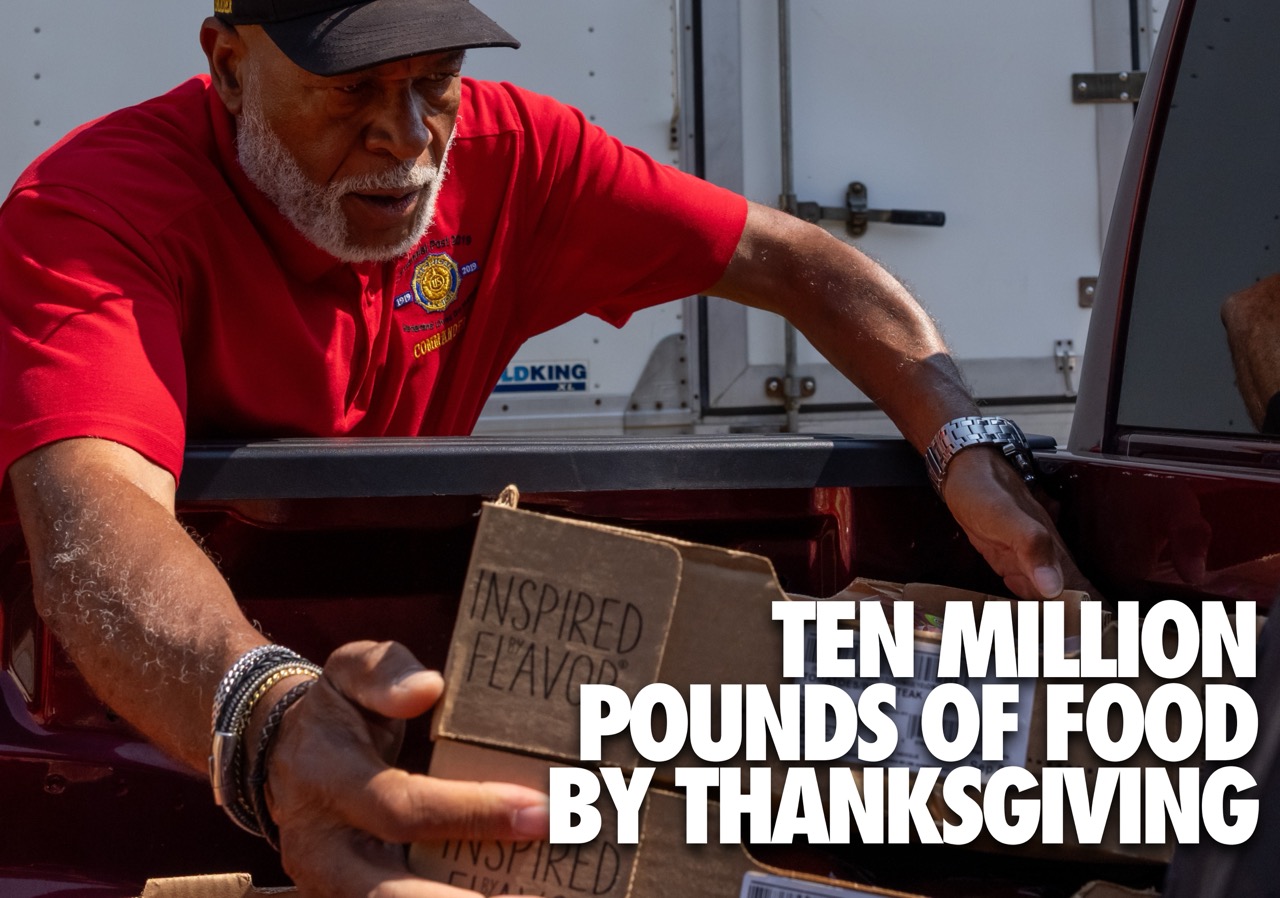
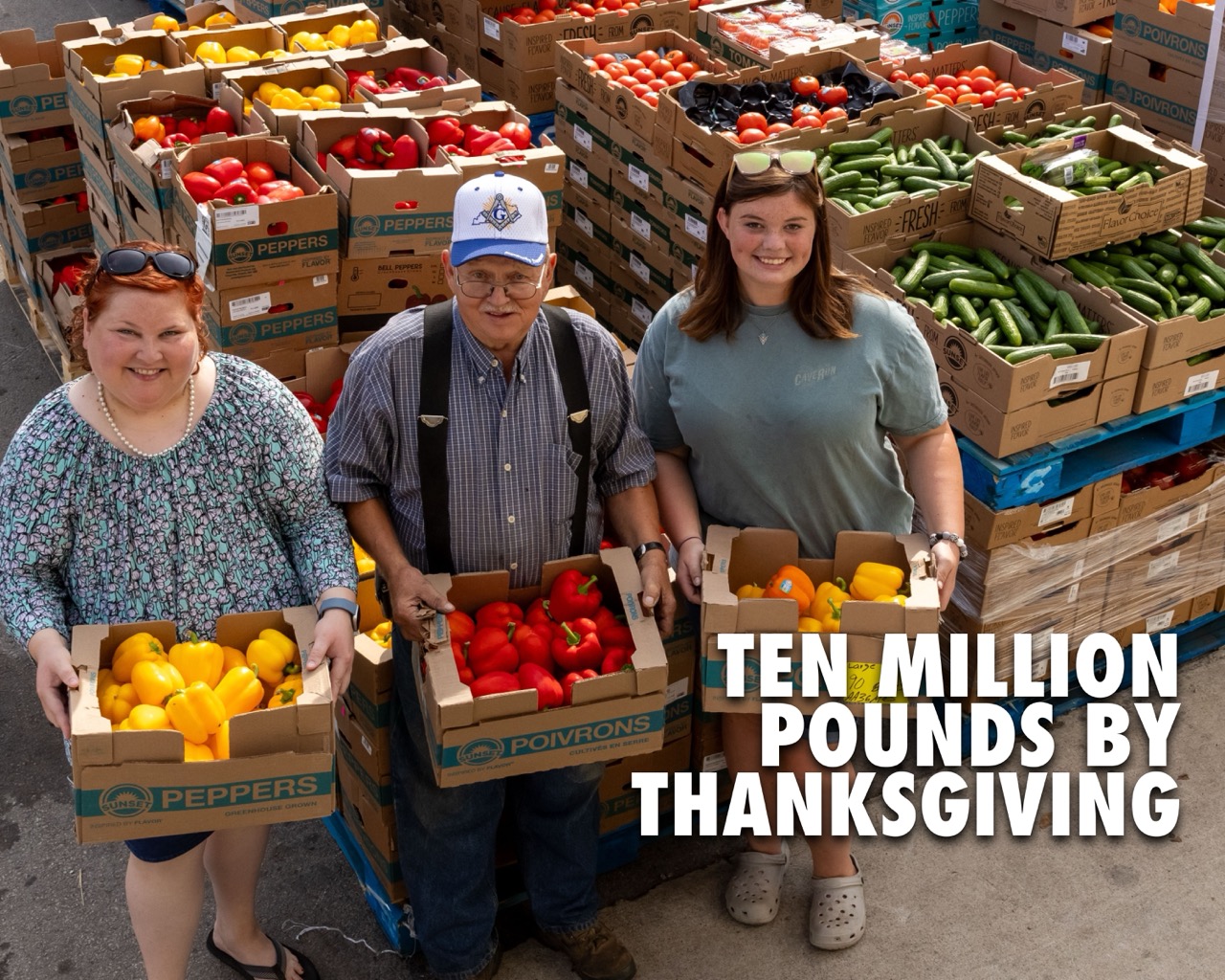
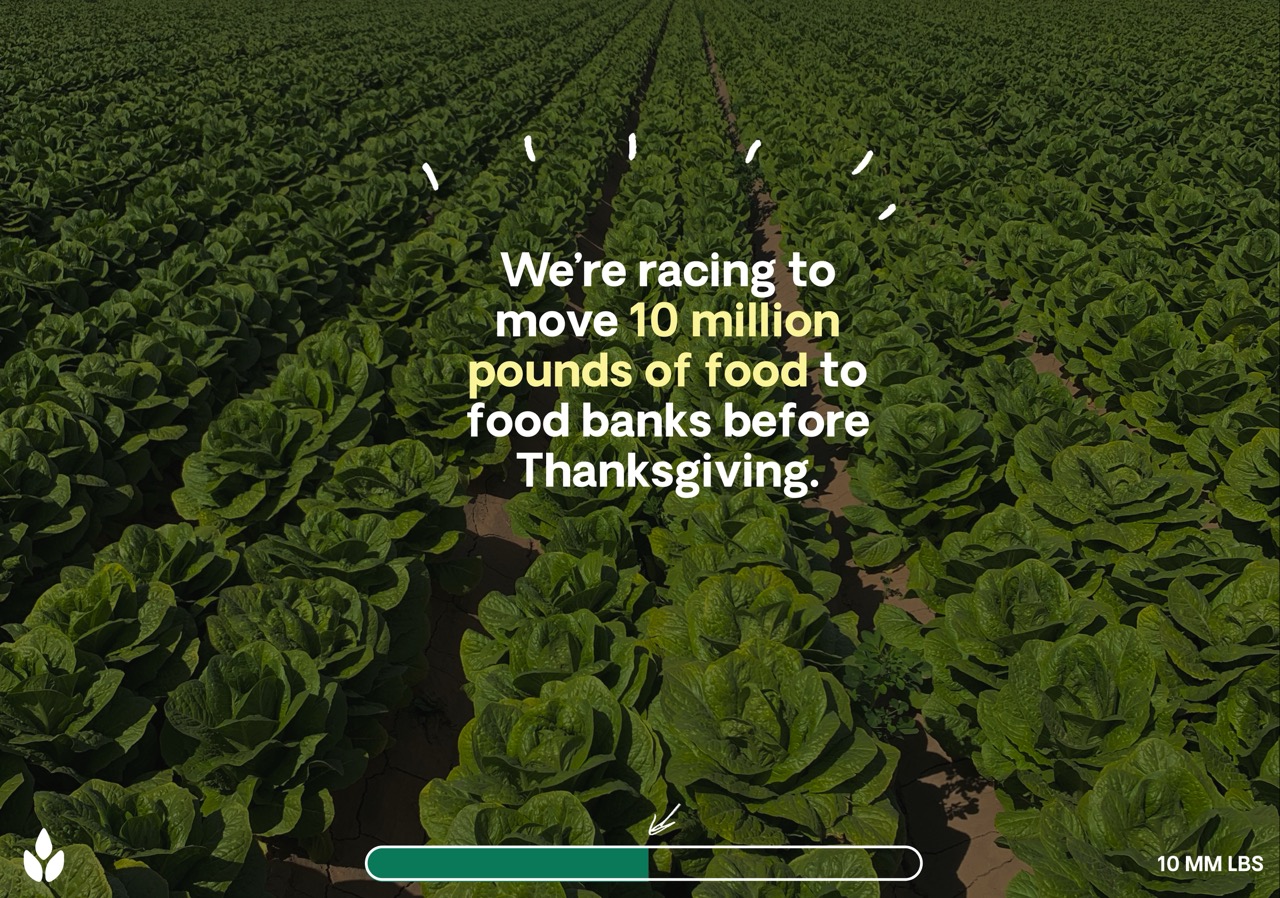
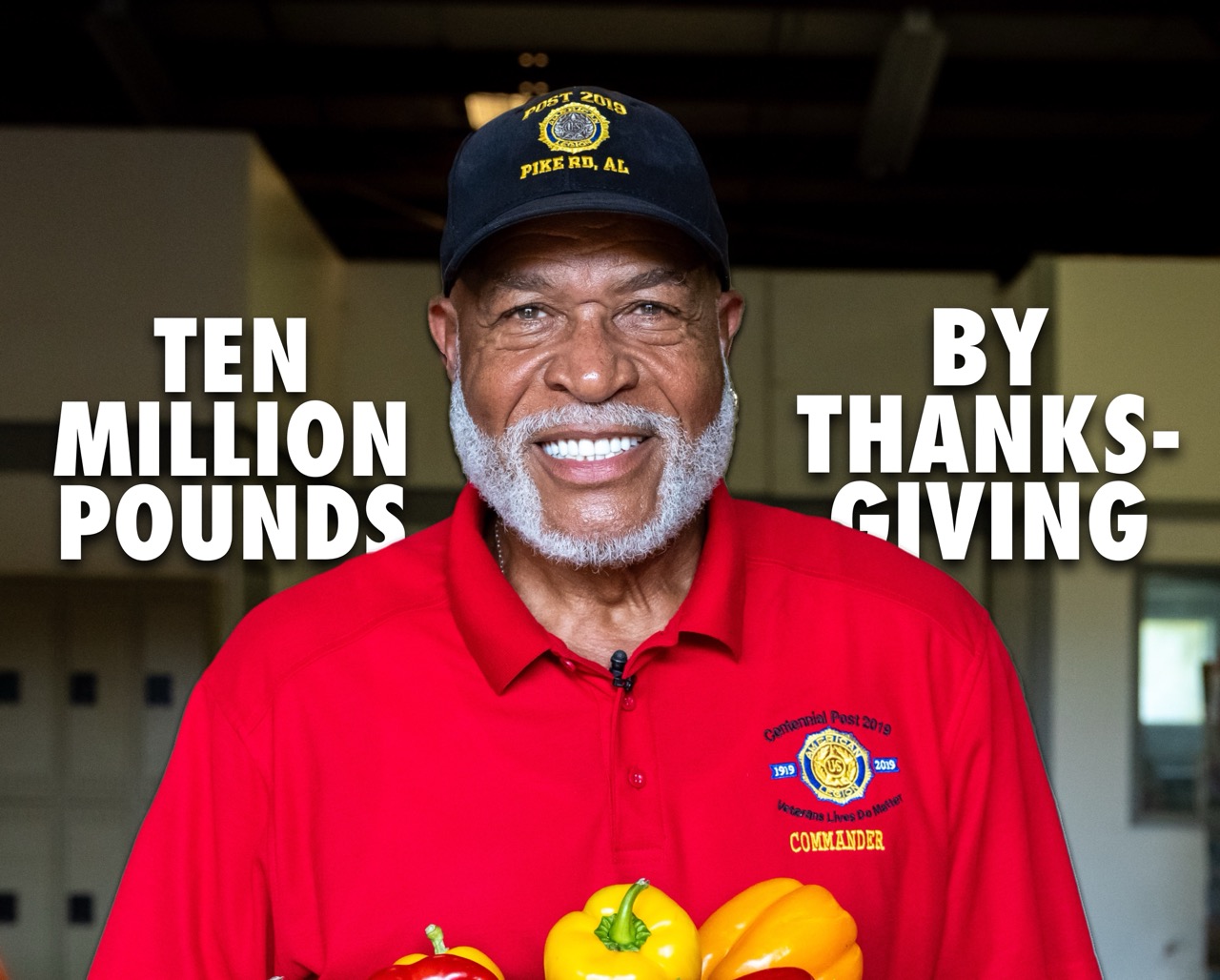
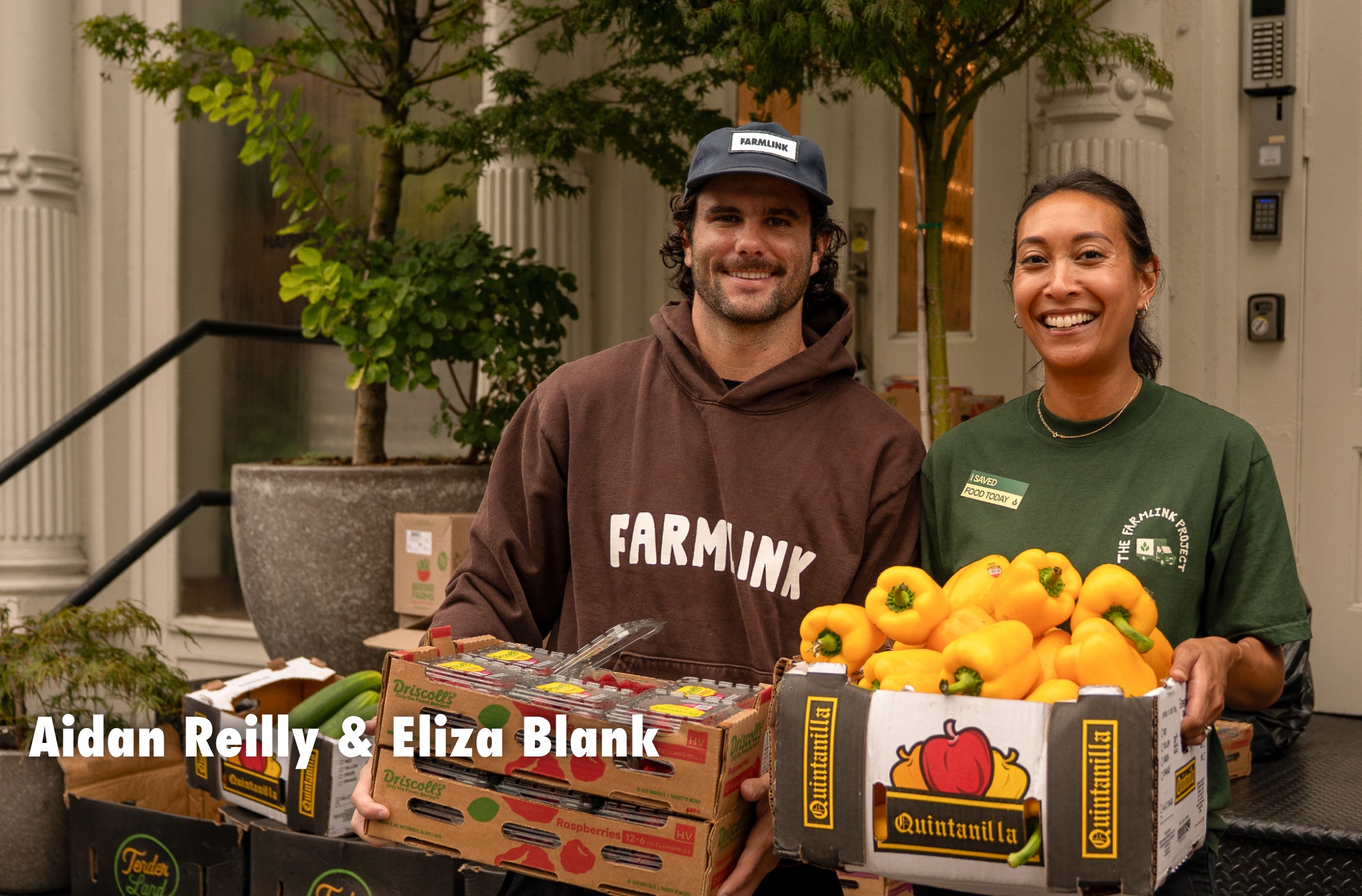
.svg)
.svg)
.svg)